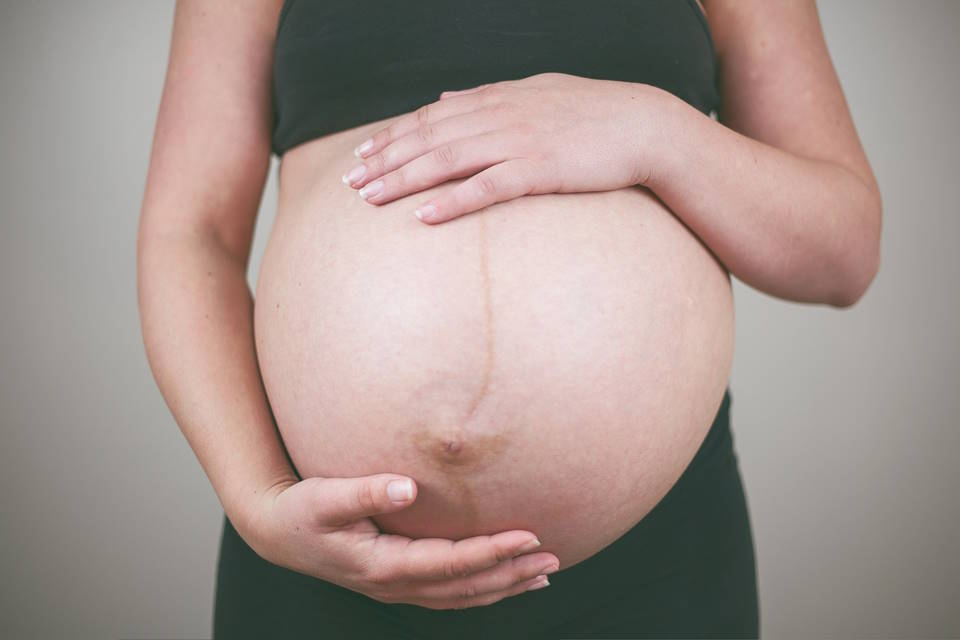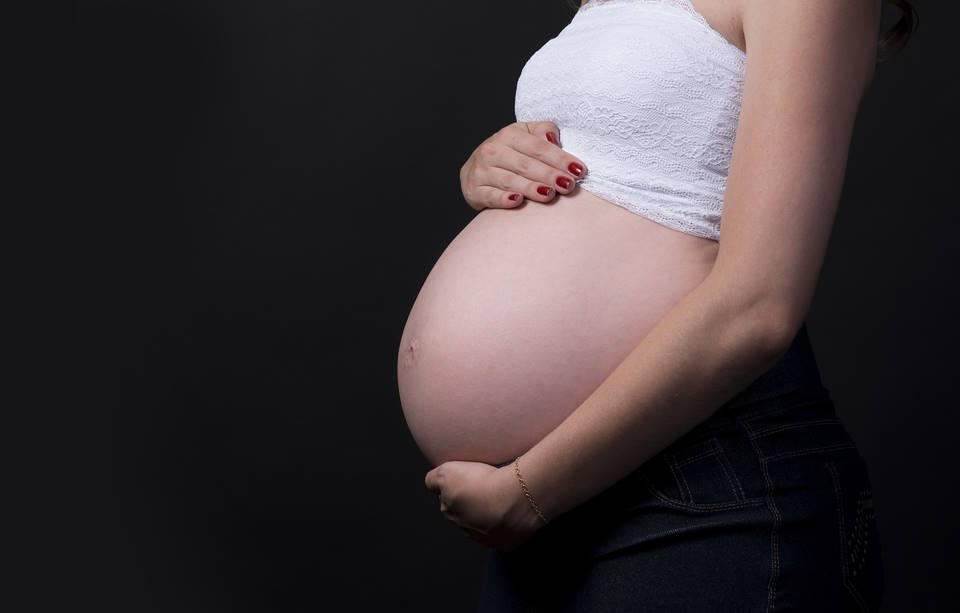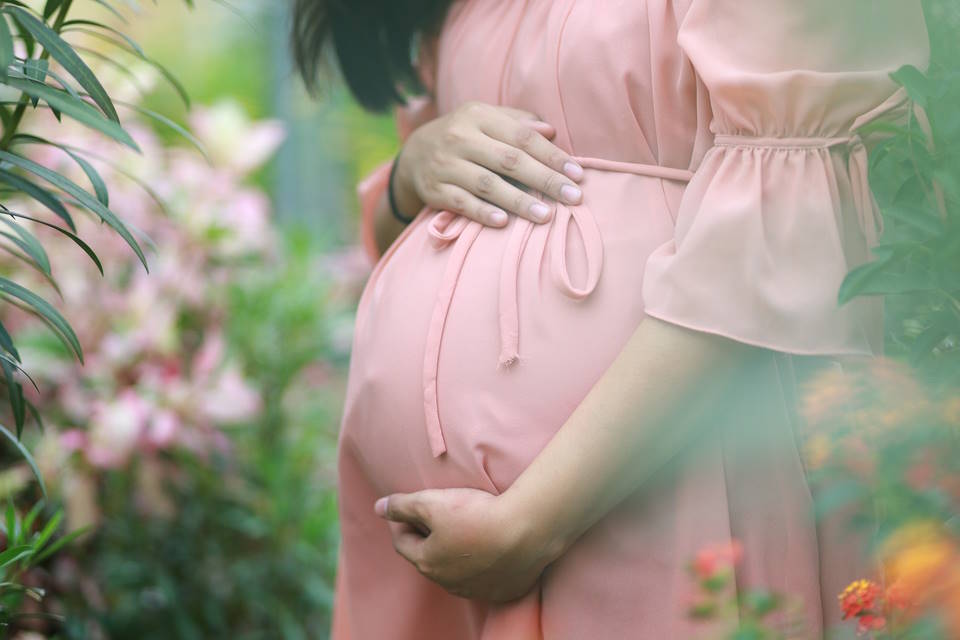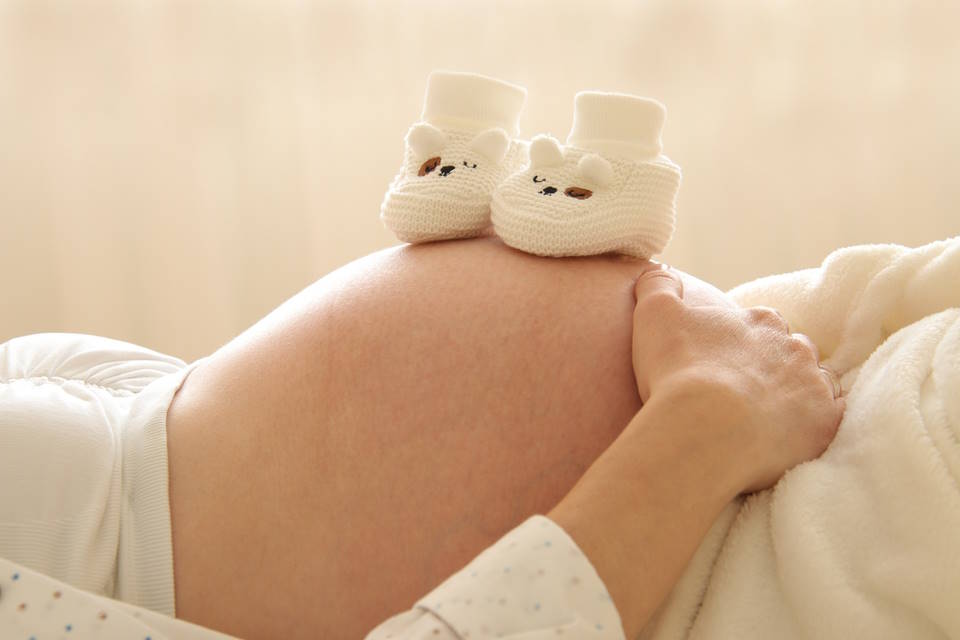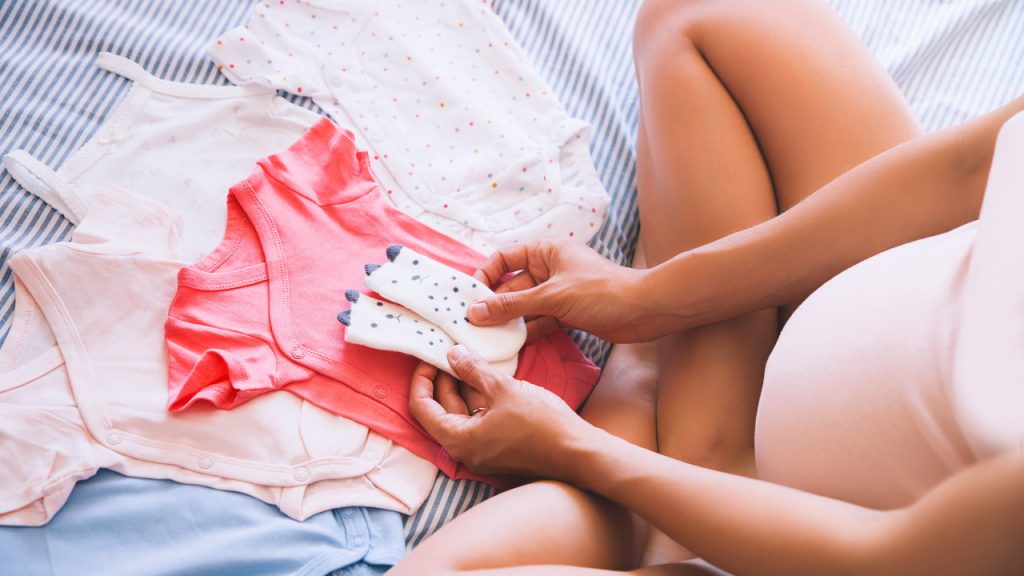If you’re pregnant and love seafood, you might wonder whether scallops are safe to consume during pregnancy. Scallops are a type of shellfish that’s low in calories and high in protein and vitamin B12. However, they may also pose certain risks to expecting mothers and their unborn babies due to potential contamination with harmful bacteria and toxins. We’ll help you understand the nutritional value of scallops, possible risks associated with their consumption during pregnancy, safe guidelines for pregnant women, alternatives to scallops, cooking tips to minimize health risks, and why it’s crucial to seek medical advice before eating scallops while pregnant. Our goal is to help you make informed choices that prioritize your and your baby’s safety during this crucial time.
Understanding The Nutritional Value Of Scallops
Scallops are considered a delicacy by many seafood lovers around the world. Not only are they delicious, but they also offer several nutritional benefits. These small mollusks not only add flavor and texture to dishes, but they also pack a powerful punch when it comes to nutritional value.
Scallops are an excellent source of protein, particularly when compared to other seafood options. A three-ounce serving of scallops contains approximately 14 grams of protein, making it a great option for those looking to boost their protein intake. Additionally, scallops are low in fat and calories, making them an ideal choice for those watching their weight.
- Scallops are also a rich source of several important vitamins and minerals. For example, scallops contain high levels of vitamin B12, which is essential for brain function and the production of red blood cells.
- Scallops also contain zinc, which plays a vital role in maintaining a healthy immune system.
| Nutritional Value of Scallops per 3-ounce serving | Amount |
|---|---|
| Calories | 95 |
| Protein | 14g |
| Carbohydrates | 3g |
| Fat | 2g |
| Vitamin B12 | 18mcg |
| Zinc | 0.5mg |
Scallops provide an array of nutritional benefits that make them a healthy addition to any diet. They are a great source of protein, low in calories and fat, and rich in important vitamins and minerals. It’s no wonder many seafood lovers consider them a must-have on their dinner plates.
Risks Associated With Eating Scallops During Pregnancy
Pregnancy is a delicate and sensitive period in a woman’s life, and it is natural to be worried about the kinds of food you consume during this time, especially when it comes to seafood. When it comes to a delicious seafood delicacy like scallops, pregnant women have valid concerns regarding their consumption. The risks associated with consuming scallops during pregnancy can be significant and should be taken seriously.
Firstly, scallops are known to contain harmful pollutants like mercury, which can impact the baby’s neurological development. When mercury enters the bloodstream, it can cross the placental barrier and affect the developing brain and nervous system. Too much mercury can cause behavioral problems, developmental delays, and even brain damage in the baby.
- The US Food and Drug Administration recommends that pregnant women should avoid eating more than six ounces of cooked or canned tuna, shark, swordfish, king mackerel, and tilefish per week, as these are high in mercury. Unfortunately, scallops also contain mercury, and it is essential to monitor your intake.
Secondly, pregnant women are more susceptible to foodborne illnesses, and scallops can be a source of infection. Raw or undercooked scallops can contain bacteria like Vibrio, E. coli, or Salmonella that can cause food poisoning. These infections can lead to vomiting, diarrhea, dehydration, and sometimes even preterm labor.
- It is advisable to limit scallop intake during pregnancy and ensure that the scallops you consume are cooked thoroughly. Make sure you cook the scallops until they are opaque and firm to the touch to eliminate any potential bacteria. Additionally, avoid consuming scallops from untrustworthy sources, and always check the use-by date on the packaging.
Eating scallops during pregnancy is not without its risks. It is essential to consult a doctor before consuming scallops to ensure that you are doing everything possible to protect yourself and your baby. Maintaining a healthy and balanced diet during pregnancy is paramount to ensure the development of a healthy baby. Always exercise caution when consuming seafood and prioritize your and your baby’s safety above all else.
Safe Consumption Guidelines For Pregnant Women
When you are pregnant, it can feel overwhelming to navigate the world of food restrictions and recommendations. One food that often comes into question is scallops. While scallops are a delicious and nutritious seafood option, it is important for pregnant women to take some precautions when consuming them.
Here are some safe consumption guidelines for pregnant women when it comes to scallops:
- Buy from a reputable source: Make sure to purchase scallops from a reputable source, such as a well-known grocery store or fish market. This will help ensure the scallops are fresh and have been properly handled and stored.
- Cook thoroughly: It is important to cook scallops thoroughly before consuming them. This means cooking them until they are opaque and firm to the touch, and reaching an internal temperature of at least 145°F.
- Limit consumption: While scallops are a lean protein source and provide many essential nutrients, it is recommended that pregnant women limit their consumption to two 4-ounce servings per week. This helps prevent exposure to any potential contaminants that may be present in seafood.
By following these safe consumption guidelines, pregnant women can enjoy the benefits of scallops while minimizing any potential risks. It is important to consult with a healthcare provider for individualized recommendations, and also to stay up to date on any updates to seafood consumption guidelines during pregnancy.
Alternatives To Scallops For Expecting Mothers
As a pregnant woman, it’s natural to be concerned about the food you eat. Many expectant mothers are cautious about seafood choices, as certain varieties may pose a risk to the developing baby. One such seafood is scallops, which are high in omega-3s and other important nutrients but may also contain harmful bacteria and contaminants.
If you’ve been advised to avoid scallops during pregnancy, here are some alternatives to consider:
- Salmon: Like scallops, salmon is a rich source of omega-3 fatty acids. It’s also low in mercury, making it a safer option for expectant mothers.
- Tilapia: This mild white fish is a good source of protein and overall low in mercury. It’s also easy to find and relatively inexpensive.
- Cod: Another mild white fish, cod is a good source of omega-3s and low in mercury. It’s also versatile, meaning you can use it in a variety of recipes.
Aside from fish, there are other options that can provide the same nutrients as scallops. Some of these include:
- Tofu: Often used as a meat substitute, tofu is high in protein and can be cooked in a variety of ways. It’s also low in fat and a good source of iron and calcium.
- Chickpeas: These legumes are a good source of fiber, protein, and iron. They can be used in salads, stews, and other dishes.
- Walnuts: High in omega-3s and other essential fats, walnuts are a good snack option for the health-conscious mom-to-be.
| Food | Benefits | Cautions |
|---|---|---|
| Salmon | High in omega-3s, low in mercury | May contain environmental contaminants |
| Tofu | High in protein, low in fat, good source of iron and calcium | May contain soy |
| Chickpeas | Good source of fiber, protein, and iron | May cause bloating or gas |
| Walnuts | High in omega-3s and other essential fats | High in calories |
Remember, just because you’re pregnant doesn’t mean you have to sacrifice flavor or nutrition. By choosing safe and delicious alternatives to scallops, you can enjoy a balanced and healthy diet for you and your baby.
Cooking Scallops To Minimize Health Risks
Improper cooking of scallops can lead to several health risks, including food poisoning and bacterial infections. As such, it is essential to prepare and cook scallops properly to minimize these risks and enjoy their nutritional value.
- Choosing Fresh Scallops: It is essential to purchase fresh scallops to avoid any health risks associated with consuming stale or expired seafood. The best way to ensure that you are purchasing fresh seafood is to buy them from a reputable seafood vendor. Additionally, you should also check the scallops for any signs of discoloration, bad odor, or slimy texture.
- Cleaning The Scallops: Before cooking the scallops, you must clean them thoroughly to remove any dirt or impurities. To do this, rinse the scallops in cold water and use a brush to scrub off any dirt or debris. You can also soak the scallops in cold water mixed with a tablespoon of vinegar to eliminate any bacteria that might be present.
- Cooking The Scallops: When it comes to cooking scallops, there are several methods to choose from, including grilling, baking, frying, and sautéing. Whichever method you choose, make sure that the scallops are cooked thoroughly and have an internal temperature of at least 145 degrees Fahrenheit. Overcooking the scallops can make them tough and rubbery while undercooking them can lead to food poisoning.
By following these guidelines, you can prepare and cook scallops in a way that minimizes health risks and ensures their nutritional value. Additionally, if you experience any symptoms, such as vomiting or diarrhea, after consuming scallops, you should seek medical attention immediately. If you are pregnant, it is advisable to consult your doctor before consuming scallops or any other seafood to avoid any adverse effects on your health and your baby’s health.
Consulting A Doctor Before Eating Scallops During Pregnancy
Including seafood in your diet during pregnancy can have many benefits, but it is also important to be aware of the risks associated with certain types of seafood. Scallops are a nutritious and delicious seafood option, but there are some risks involved with eating them during pregnancy. To ensure the safety of both you and your baby, it is important to consult with your doctor before consuming scallops or any other type of seafood.
There are several reasons why consulting with your doctor is important before consuming scallops during pregnancy. One of the primary concerns is the risk of foodborne illness. Scallops are often harvested from contaminated waters, which can lead to the presence of harmful bacteria and viruses in the meat. These pathogens can cause serious health problems for pregnant women, including miscarriage and premature delivery.
- When consulting with your doctor, it is important to discuss your individual risk factors for consuming seafood during pregnancy.
- Your doctor may recommend avoiding scallops altogether or may provide specific guidelines for safe consumption.
- Your doctor can also help you monitor for any symptoms of foodborne illness and provide appropriate treatment if necessary.
| Risk Factors To Consider | Recommendations |
|---|---|
| History of foodborne illness | Avoid scallops altogether |
| Limited seafood consumption during pregnancy | May be safe to consume in moderation |
| Allergy to shellfish | Avoid scallops and all other shellfish |
It is important to consider all of your individual risk factors when deciding whether or not to consume scallops during pregnancy. While they can provide important nutritional benefits, it is not worth risking the health of yourself or your baby. Consulting with your doctor can provide you with the information you need to make an informed decision about whether or not to consume scallops, as well as any other type of seafood, during pregnancy.
By following safe consumption guidelines and consulting with your doctor, you can ensure that you are keeping yourself and your baby safe during pregnancy. While it is important to be cautious, it is still possible to enjoy a wide variety of seafood options as part of a healthy pregnancy diet.
Conclusion
During pregnancy, it is essential to make sure that both mom and baby stay safe and healthy. This means taking certain precautions when it comes to the foods you eat, including seafood. Scallops, in particular, are known for their nutritional value and delicious taste. However, expecting mothers need to be aware of the risks associated with eating scallops, as well as the safe consumption guidelines to follow.
When it comes to seafood, pregnant women should limit their intake due to the potential risk of mercury exposure. Scallops are generally considered safe to eat during pregnancy, but it is important to consult a doctor before adding them to your diet. Eating raw or undercooked scallops can also increase the risk of foodborne illness, which can be dangerous for both mom and baby.
- To minimize health risks, it is recommended to cook scallops thoroughly to an internal temperature of 145°F. This will kill any harmful bacteria that may be present.
- If you are unable to eat scallops or want to avoid the potential risks altogether, there are many alternatives to consider. Other types of seafood, such as shrimp, crab, and salmon, are often a safer choice for pregnant women.
It is crucial to prioritize the safety and health of both mom and baby during pregnancy. While scallops can be a safe and nutritious food choice, it is important to follow safe consumption guidelines and consult a healthcare provider before adding them to your diet. By taking these precautions, you can maintain a balanced and healthy diet for a happy and healthy pregnancy.


